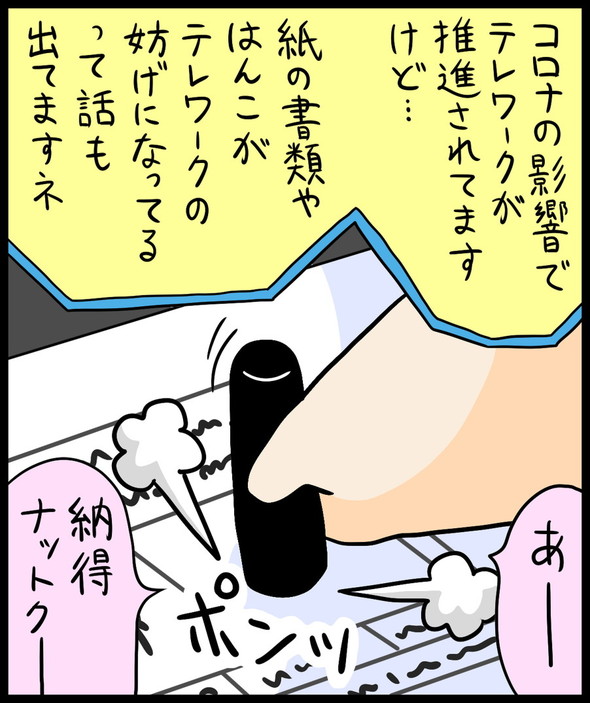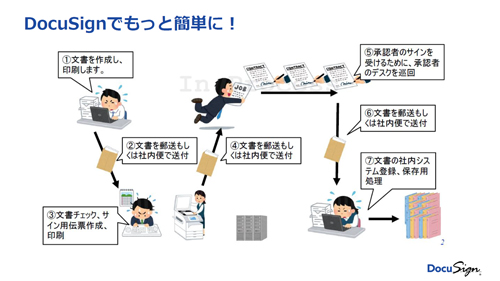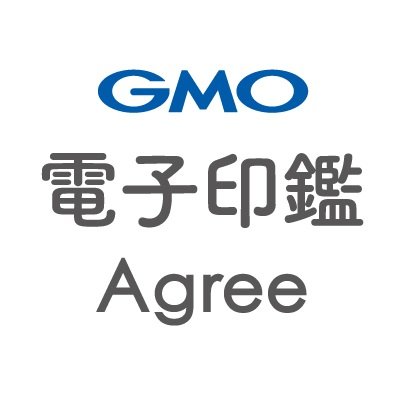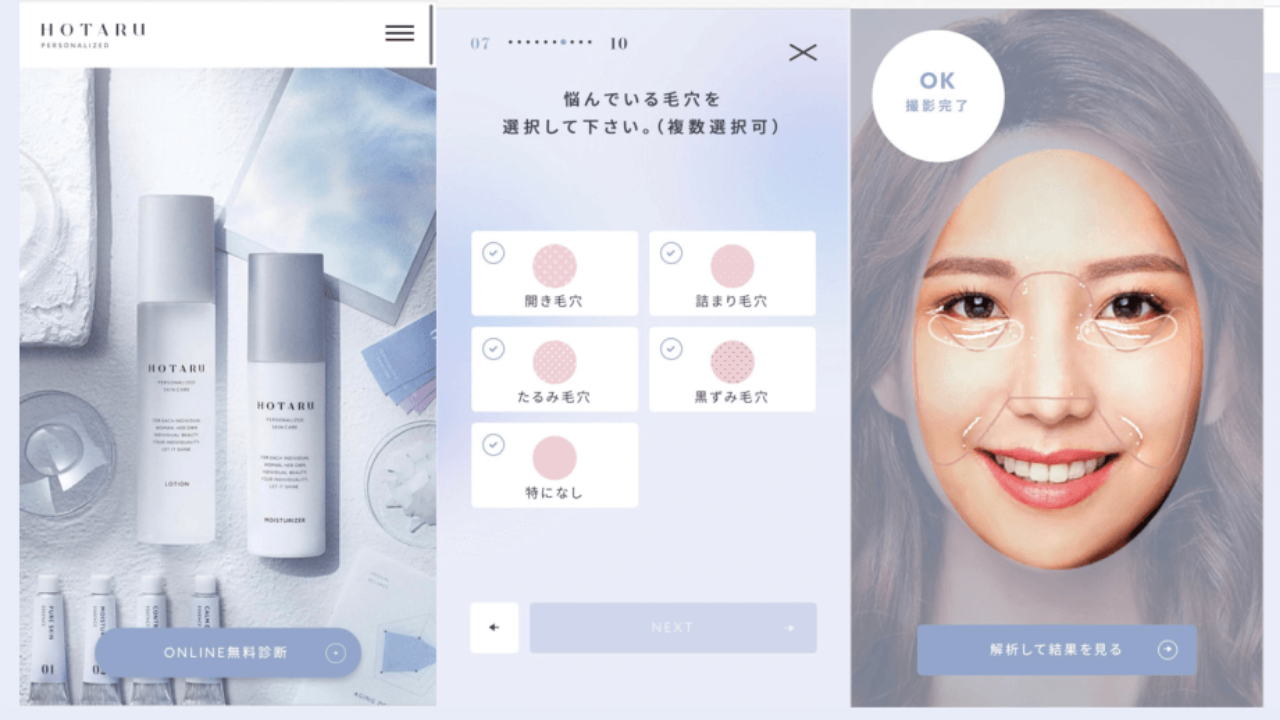 Industries
Industries
The Rise of Digital Signing Services in Japan
By Melissa Francis
In this post, we look at the current status of digital signing services in Japan, how the sector is developing, and how platforms are promoting themselves.

Hanko vs. Digital Signing Services in Japan
Traditionally in Japan, contracts and official documents have had to be stamped using hanko (personal identification stamps), which requires going into a physical office. Many Japanese consider this to be a barrier to fully adopting remote working. The use of hanko was propagated in the Meiji era, as a simple identifier for those with low literacy. Nowadays, the stamps are only truly necessary for official government contracts, but are not required for contracts in the private sector.
The fact that hanko verification still prevails as a commonality in Japan is a typical example of how, despite the country’s technological prowess in certain areas, engrained concepts such as these mean it can take longer to make the switch to digital. Over the past few years, digital signing tools have been continually developing in the Japanese market, and are increasingly being viewed as more convenient and viable alternatives to paper signing.
One of Japan’s primary barriers to collecting signatures electronically is that while large corporations tend to have the appropriate IT infrastructure to set up the contracts, smaller trading companies don’t necessarily have the resources to reciprocate accordingly. If smaller companies are not investing in their IT capability, it becomes difficult to work with corporates in that way. This then puts pressure on SMEs to adapt, and that takes time.
Digital signing services are referred to using either denshi keiyaku (electronic contracts), denshi sain (electronic signatures), or denshi shoumei (electronic verification). Amid Japan’s changing work styles stemming from the COVID-19 pandemic, the Japanese government announced that it will be implementing a proprietary digital verification seal, known as ‘e-seal’ from FY2022. Government contracts without this seal will not be valid.
Communicating the Benefits of Digital Signing Services in Japan
There is a series of hanko / digital signing services yuru shiri (get to know about…) illustrations by manga artist Sadatarou demonstrating one office worker’s journey to understanding which situations hanko are still required, and how he can make the switch to digital. Sadatarou uses humour and expression to communicate the message across 39 illustrations for IT Media. See our previous blog post about marketing with manga for ideas on how this can work practically for Japanese consumers.

Key Players in Japan‘s Digital Signing Sector
CLOUDSIGN

According to specialist online publication IT Review, CLOUDSIGN, launched in 2015 by Bengo4.com, Inc. (a pun on bengoshi – lawyer) appears to rank most highly in terms of digital signing services in Japan and has a lot of relevant promotional material to back up its credibility. CLOUDSIGN can integrate with other tech services like Slack, Hubble and Salesforce. Safety is emphasised as one of the notable aspects. The platform boasts a wide range of clients across multiple sectors, including Nomura, Square Enix, Nestlé, Money Forward, and Mercari.
In its recent saraba hanko – “farewell hanko” commercials, we see a salaryman talking with an animated hanko stamp. This concept may come across as incredibly silly to non-Japanese viewers, but it’s something familiar and relevant within a cultural context, and can generate appeal in this way.
DOCUSIGN
DOCUSIGN is also one of the notable digital signing services in Japan. Interestingly, they haven’t fully localised their website compared with the original US version, with the layout and text being exactly the same but translated into Japanese. Here at Tokyoesque, we always stress the benefits of localisation over and above direct translation. This ensures that wording isn’t just a copy and paste job. The commentary in the promotional video is also in English with subtitles in Japanese. This certainly aids understanding, but we suggest it’s not necessarily relatable. By showing how the service can be used within a specific Japanese context that potential users are familiar with, brands can become more culturally aligned.

With that being said, DOCUSIGN does have a localised Japanese presence across social media channels, such as YouTube, where they provide instructional and promotional videos in Japanese. These feature still images of Japanese businesspeople and give step-by-step guides for using DOCUSIGN (tsukaikata wa kantan 3 suteppu! – “3 easy steps to use!”). Another facet to their YouTube communications is interviews with representatives from Japanese companies like GA Technologies who use the service on a regular basis and can deliver in-depth testimonials to attest to its quality. There has been a distinct shift in DOCUSIGN’s marketing communications over the past few months, and it is most definitely more localised now.
GMO Agree
GMO Agree is another digital signing service, provided by GMO Internet Group. It offers a comprehensive breakdown of the steps involved in the paperless signing process. There are also a number of sample case studies listed on the website, including; franchise documentation for the foodservice industry, cleaning service consignment contracts for real estate agents, and license agreements in the marketing and advertising sector. This gives a clear indication of how digital signage services can be utilised across multiple industries.

Paid subscriptions to GMO Agree are split into ‘Standard’ (JPY 10,000/month) and ‘Business’ (JPY 20,000/month) versions. The free trial offering allows for up to 10 documents to be signed digitally every month, while the subscriptions are unlimited. Standard users have a rolling monthly contract, but businesses must commit to a minimum of one year. GMO Agree also runs a series of regular instructional seminars covering remote work and digital signing in Japan. During the COVID-19 pandemic, these have been transferred online, but usually they are held in key cities like Tokyo and Osaka. This adds an extra layer to the company’s offering, cementing a range of practical use cases in the minds of representatives who will be using the platform.
SignRequest Localisation for the Japanese Market
A key global player in the digital signing space, SignRequest, recently requested Tokyoesque’s assistance with Japanese localisation for their upcoming market launch. Right now, they’re still in the process of scoping out the market and getting things ready, and we’re very excited to be helping them on their journey.
What Should be Highlighted to Encourage the use of Digital Signing Services in Japan?
As with all services that handle sensitive information, communicating the benefits around security and trust is so crucial when promoting a digital signing platform in Japan. It’s always worth remembering that Japanese consumers tend to be rather risk averse and, as such, are reluctant to make a firm decision if a company’s credibility is not demonstrated from the outset. Build in key words and phrases relating to trust that will show Japanese company representatives how much your brand cares.
Partnering with a well-established Japanese company might also help to strengthen credibility in the long-term, in addition to onboarding a roster of respected local clients. Take the time to explain to users how the service works, pointing to precise scenarios in which it can be used within a Japanese context. It must be relevant for them, and ideally employ native Japanese speakers and ambassadors to promote it.
Please contact us to discuss your projects related to remote collaboration tools in Japan. We are especially keen to hear from companies offering solutions in the wider remote working space.
For related insights, check out out previous article on remote working in Japan.









